Innovators in Discovery


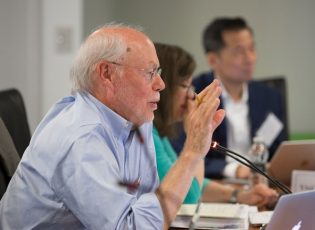
Phillip A. Sharp, PhD, Dr. Sharp who earned the 1993 Nobel Prize in Physiology or Medicine for his co-discovery of RNA splicing, didn’t set out to be a cancer researcher. But throughout his career, which spans nearly half a century, Dr. Sharp has been committed to developing collaborations that can generate new ways of thinking about cancer.
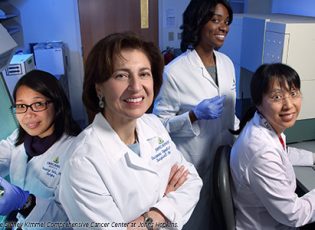
Dr. Suzanne L. Topalian of the Sidney Kimmel Comprehensive Cancer Center at Johns Hopkins is working to find new ways to unleash the power of patients' immune systems to fight their cancers.

Dr. Northcott is exploring the role that blood vessels play in the growth of tumors and the delivery of chemotherapy.
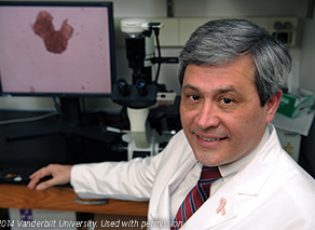
From integrating clinical cancer care with biomedical research to advocating for early-career cancer researchers, AACR President Dr. Carlos L. Arteaga's single goal is to improve patient outcomes.
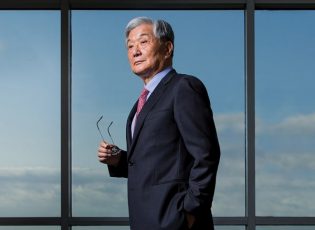
Dr. Hong, who served as AACR President from 2001 to 2002, retired in 2014 as a division head and professor at the University of Texas MD Anderson Cancer Center in Houston. His work has transformed the lives of innumerable cancer patients.
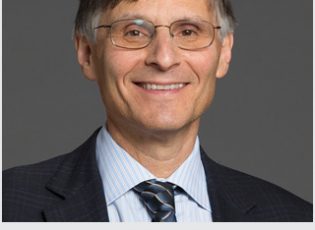
"Over the next 25 or 30 years we are going to make major progress toward curing cancers in synergistic ways, and it will happen faster if we fund it adequately."
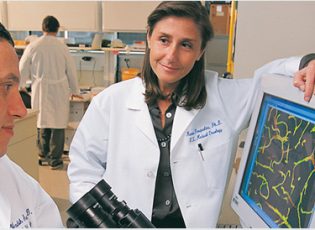
Cancer researcher Renata Pasqualini, PhD, takes aim at cancer with novel approaches to developing targeted diagnostic, imaging, and therapeutic strategies.
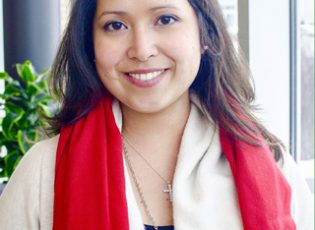
Diagnosed with childhood Hodgkin lymphoma, Diana M. Merino, PhD, is researching ways to harness this genetic information in order to personalize patient care.
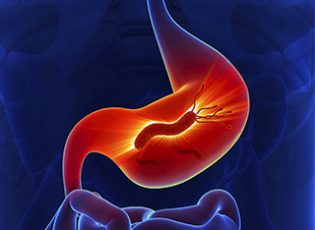
A Landon Foundation-AACR INNOVATOR grantee is researching new ways to circumvent the development of stomach cancer.
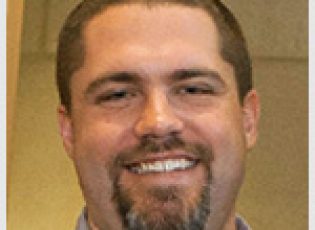
Armed with a one-year fellowship from the AACR, a young researcher has been taking a new approach to understanding more about how damage to a 'tumor suppressor' protein can influence cancer development.